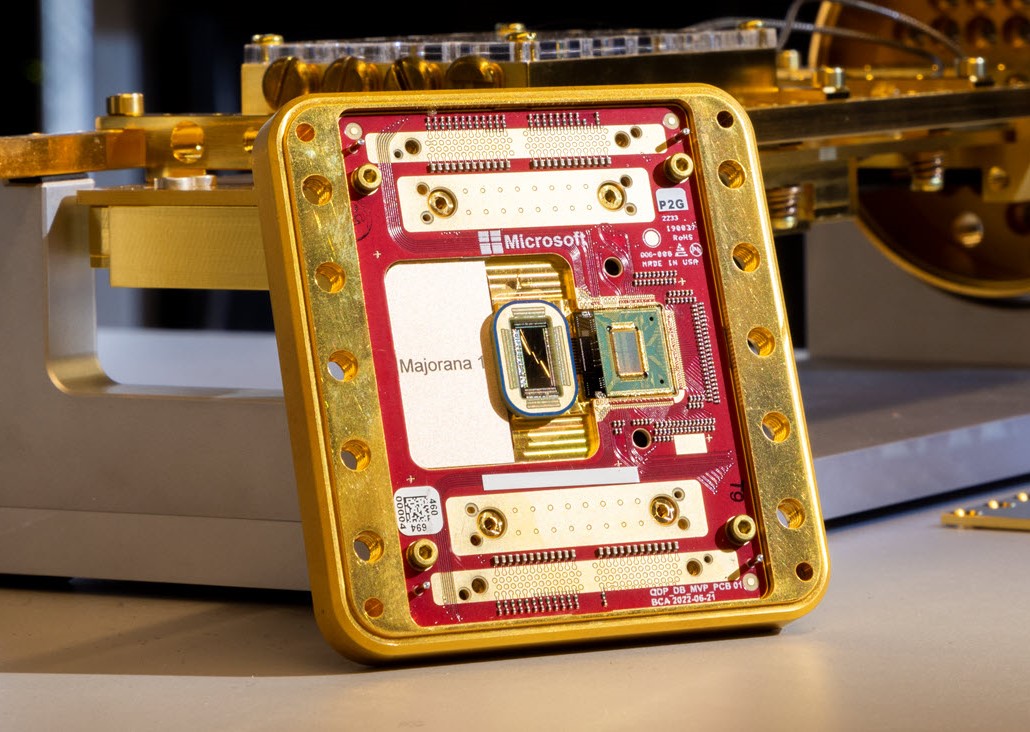Google has unveiled an AI-powered research assistant called “Co-Scientist” that helps scientists generate and test new hypotheses, marking a significant advancement in the use of artificial intelligence for scientific discovery.
Why it matters: The system fundamentally changes how scientists conduct research by combining the analytical capabilities of Gemini 2.0 with specialized AI agents designed to mirror scientific reasoning, potentially accelerating breakthroughs in medicine and other fields.
Technical Innovation: The Co-Scientist introduces several breakthrough capabilities:
- Multi-agent system architecture
- Tournament-style hypothesis evaluation
- Expert-in-the-loop refinement process
Real-world Impact: Early testing demonstrates practical applications:
- Validated drug repurposing for leukemia treatment
- Recreated years of antimicrobial resistance research in days
- Generated novel hypotheses rated highly by experts
“Beyond standard literature review, summarization and ‘deep research’ tools, the AI co-scientist system is intended to uncover new, original knowledge and to formulate demonstrably novel research hypotheses and proposals,” explain Google researchers Juraj Gottweis and Vivek Natarajan as reported by Computerworld.
The system has already proven its value in laboratory settings. Researchers at Imperial College London used it to recreate their own breakthrough findings about antimicrobial resistance in a fraction of the original research time. Similarly, Stanford University scientists validated the tool’s drug repurposing suggestions for treating acute myeloid leukemia.
Unlike fully automated systems, Co-Scientist is designed to augment rather than replace human researchers. Scientists interact with it through natural language, providing research goals and feedback that help refine its suggestions over time.
The tool employs multiple specialized AI agents working in concert. One generates initial hypotheses, while others rank, refine, and evaluate them through a process similar to scientific peer review. This approach ensures proposals are both novel and grounded in existing research.
Looking ahead, Google plans to expand access through a Trusted Tester Program, allowing more researchers to incorporate the tool into their work while helping refine its capabilities.



























